I am attending electronics basics course on coursera.org and professor says that Ia = Ib only if dq/dt = 0. Does he mean with that dq/dt = 0 that currents will be equal only if material is not previously charged, so we have clean material without charges and current supplied will go in and exactly the same amount will go out from that tube?
Asked
Active
Viewed 353 times
0
-
Related recent question: [Do all components obey Kirchhoff's Current Law?](http://electronics.stackexchange.com/questions/211467/) – The Photon Jan 18 '16 at 21:29
-
"dq/dt = 0" is another way of saying that objects do not acquire a net charge. This is always true in circuit analysis, and is generally true in real life. Sometimes there may be a current path you did not consider, and that might make it SEEM like dq/dt != 0, but the problem is due to an inadequate model. For a two terminal circuit element, dq/dt always = 0, and Ia always equals Ib. – user57037 Jan 18 '16 at 22:12
-
He means that the charge of the material does not change over time. – NeinDochOah Jan 18 '16 at 21:21
1 Answers
1
Eh... this is a weird question. At brass tax, you should understand Kirchoff's current law. If the input is greater than the output current, than the input current is also flowing through a second output. If the input is less than the output, than the current is also flowing from a second input. See the example and associated image in the link below.
https://en.wikipedia.org/wiki/Kirchhoff%27s_circuit_laws
Following that line of reasoning, the 'second output' might be eddy currents that are circulating within your magnetic material. See the section on 'core loss' in the link below.
SpaceCowboyMDK
- 375
- 1
- 7
